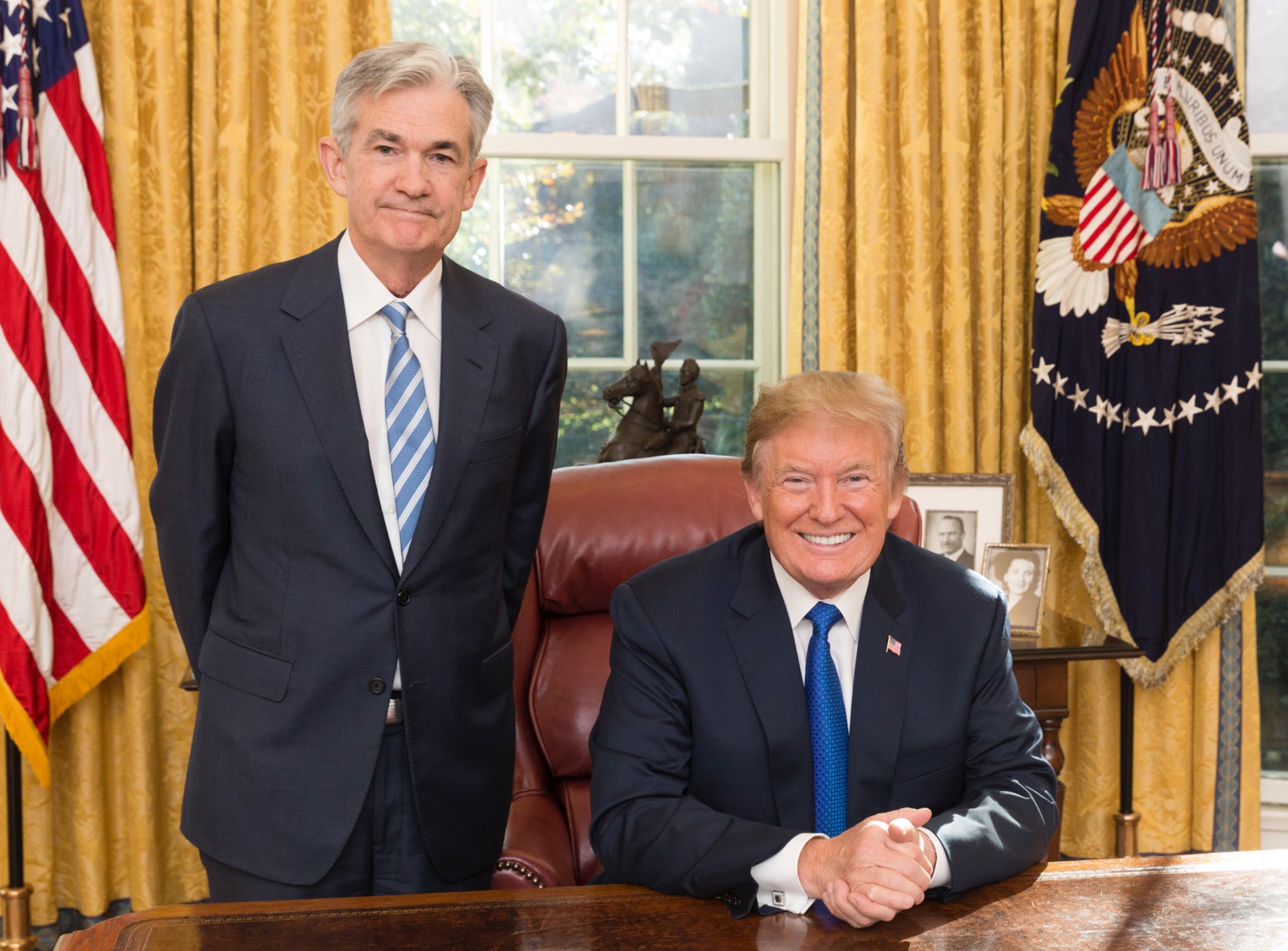The U.S. Department of Defense has added Tencent Holdings, CATL, and other major Chinese firms to its "Section 1260H" list, alleging ties to China’s military. This move is part of Washington's broader strategy to address security risks posed by Chinese companies. The updated list includes 134 companies and highlights sectors ranging from social media and battery production to genomics and drone technology. Tencent, CATL, and other listed firms have denied military affiliations, calling the designations errors, but the reputational impact is already evident, with Tencent’s U.S.-traded shares falling 8%.
The designation does not impose immediate bans but serves as a warning to U.S. businesses about the risks of collaborating with these companies. Experts like Craig Singleton from the Foundation for Defense of Democracies argue the move reinforces the U.S.’s efforts to fortify its technological landscape against potential threats. The list’s expansion underscores the growing scrutiny on Chinese firms, with implications for industries like automotive, as Ford Motor plans to license CATL technology for a Michigan battery plant—sparking concerns among lawmakers.
Market Overview:- Tencent and CATL added to the U.S. "Section 1260H" list of firms with alleged military ties.
- Designation impacts 134 companies across sectors like tech, batteries, and drones.
- U.S.-traded shares of Tencent fell 8% following the announcement.
- Tencent and CATL deny military affiliations, calling the designations mistakes.
- Ford Motor faces scrutiny for licensing CATL technology for its Michigan battery plant.
- Designation could pressure the U.S. Treasury to impose sanctions on affected companies.
- Reputational damage and potential sanctions may reshape global partnerships with listed firms.
- U.S. efforts to tighten control over sensitive technologies are expected to intensify.
- Chinese companies may face increased barriers to entering U.S. markets and partnerships.
- The inclusion of Tencent, CATL, and other firms on the "Section 1260H" list highlights the U.S.’s commitment to safeguarding national security and fortifying its technological landscape.
- By warning U.S. businesses about potential risks, the designation encourages diversification of supply chains and reduces reliance on Chinese companies in critical sectors.
- The move could accelerate domestic innovation in industries like battery production, genomics, and drone technology as U.S. firms seek alternatives to Chinese partnerships.
- Increased scrutiny may pressure Chinese companies to improve transparency and compliance measures, potentially fostering greater accountability in global markets.
- U.S. efforts to tighten control over sensitive technologies could strengthen alliances with other nations seeking to mitigate security risks tied to Chinese firms.
- The designation risks escalating tensions between the U.S. and China, potentially leading to retaliatory measures that disrupt global supply chains and trade relations.
- Reputational damage to firms like Tencent and CATL may deter global corporations from collaborating with these companies, impacting innovation and market dynamics.
- Ford Motor’s (F) licensing of CATL technology for its Michigan battery plant faces heightened scrutiny, potentially delaying or jeopardizing key projects in the automotive sector.
- The lack of immediate sanctions creates uncertainty for U.S. businesses, leaving them vulnerable to potential penalties or reputational risks in future dealings with listed firms.
- Chinese companies may face increased barriers to entering U.S. markets, potentially stifling competition and limiting access to cutting-edge technologies for American consumers.
The additions to the Pentagon’s list reflect escalating tensions between the U.S. and China, particularly over technological and economic dominance. While the designations do not immediately ban business activities, they serve as a stark warning to U.S. firms. The list also puts pressure on global corporations, such as Ford, that collaborate with these companies.
As regulatory scrutiny grows, the future of U.S.-China corporate relations will hinge on geopolitical dynamics and compliance measures. This move marks another chapter in the U.S. government's ongoing efforts to safeguard national security, with a ripple effect likely to impact global supply chains, foreign investments, and cross-border collaborations.



